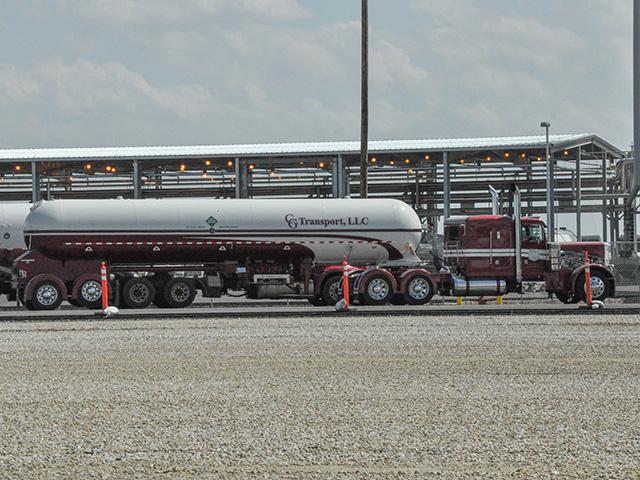TFI: Fertilizer Efficiencies Improving
TFI Report Highlights Fertilizer Industry's Sustainability
OMAHA (DTN) -- The fertilizer industry has made progress in improving the sustainability of its operations, according to a new report released by The Fertilizer Institute (TFI) on Thursday.
Data has been collected since 2013 on metrics that provide insight into the fertilizer industry's efforts to improve itself, according to a TFI news release. The data in the report (https://www.tfi.org/…) was gathered in 2022 and reflects industry operations in 2021.
"The 104,000 employees of the fertilizer industry work each day to produce and supply fertilizer to farmers in an effort to feed the world," said Corey Rosenbusch, TFI president and CEO.
"To feed a global population of 10 billion people by 2050, fertilizer is playing a critical role in increasing food production and land use efficiency sustainability in agriculture. 2022 also showed us how fertilizer's role in feeding the world contributes to global stability and national security."
P[L1] D[0x0] M[300x250] OOP[F] ADUNIT[] T[]
Some report highlights include:
-- Survey participants invested an average of over $1 billion annually in capital investments to help the industry meet sustainability goals, including increasing production efficiencies, reducing energy and water use, reducing greenhouse gas emissions and strengthening the U.S. economy to meet current and future agricultural needs.
-- In 2021, the industry captured 31% of all CO2 generated per ton of nutrient produced, an increase of 368% over emissions captured in 2013.
-- To reduce the industry's energy footprint, 39% of all energy consumed is generated using waste heat rather than pulling from the electrical grid.
-- Nitrogen producers recycled enough water to fill 1.6 million Olympic-sized swimming pools.
-- In 2021, both the recordable rate and lost time incident rate were the second lowest since the survey begin in 2013.
"The industry is continuously working towards more sustainable operations, including efforts to decarbonize and mitigate environmental impacts," Rosenbusch added.
"Each step of the supply chain is focused on communities and the environment. The data in this report highlights the achievements we've made in worker safety and energy and environmental metrics."
Russ Quinn can be reached at Russ.Quinn@dtn.com
Follow him on Twitter @RussQuinnDTN
(c) Copyright 2023 DTN, LLC. All rights reserved.






